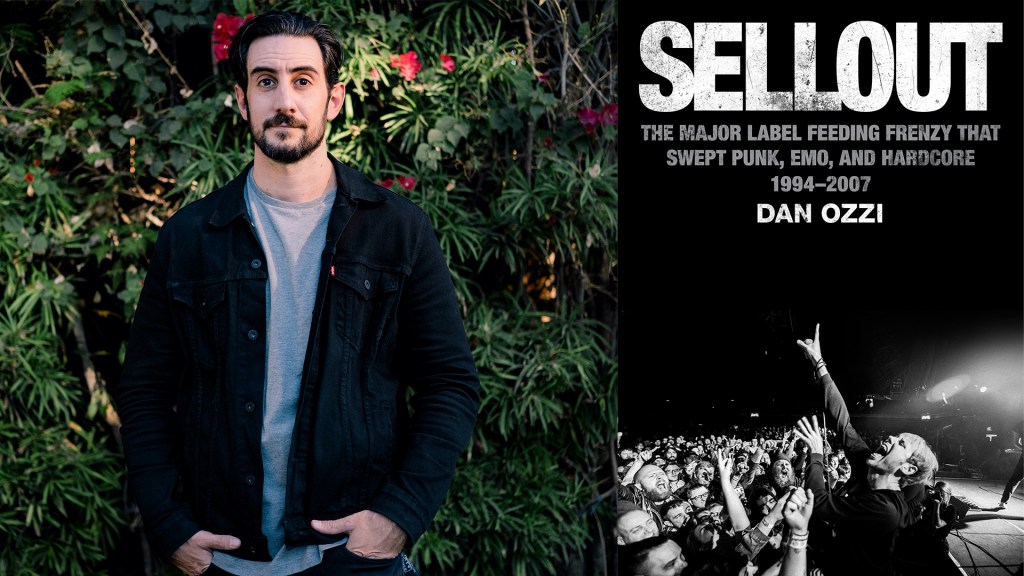We knew that when the Weeknd cut his hair and started wearing typical rock and roll wear that his upcoming album Starboy would be something very different from his past work. His influence list was unconventional for R&B too, leaning on 80s alternative and punk like The Smiths, Bad Brains, and Talking Heads. He’s labelled Starboy‘s music as “aggressive” and in general, it’s rare for an artist to follow through on emulating left-field names like these. “False Alarm” has become that step forward, allowing Abel Tesfaye to boldly go where few of his peers are going (he made a Star Trek reference first, okay?). Instead of the usual disco or funk directions, he’s pursued the metronomic grooves and yelped choruses of post-punk-inspired 00s indie rock, as well as the poppier side of new wave.
As was said before, this left turn is expected to a degree. Starboy’s aesthetics, for example, have resembled Twin Shadow more than Bryson Tiller. Likewise, Beauty Behind the Madness‘ closing track “Angel” was pretty much a Guns N’ Roses-esque power ballad sung like a slow jam. Even “False Alarm” itself is somewhat undercut by a radio-friendly arrangement that decentralizes guitars (that being said, it’s exciting to think about what live performances of the song will look and sound like). But the fact that Tesfaye actually committed to and pulled off a full-on rock song is important.
Videos by VICE
In a decade where metal and punk aesthetics and practices have been heavily incorporated into rap, the Weeknd has embraced rock music in a way that others in mainstream urban music are unwilling or unable (har har) to do. Travis Scott’s “Piss on Your Grave” lost interest in its sludgy riffing before it even began while Miguel’s Wildheart album was, for all its fuzz and Lenny Kravitz solos, still produced like an R&B LP for the most part. Only Beyoncé and “Don’t Play Yourself” have managed to cross the divide but the song is still too theatrical, too Beyoncé to fully surpass its status as a successful genre experiment.
Abel Tesfaye seems to feel this nervy music in his blood, and that confidence–similar to what one must feel putting on one of the leather jackets Tesfaye’s been sporting–is the reason “False Alarm” works. It feels like a choice that wasn’t cooked up by cynical A&Rs and more like Tesfaye geeking out over old Gang of Four songs and attempting to capture that propulsive sound himself. It’ll be interesting to see if the song is serviced to rock-formatted radio stations and winds up as another crossover hit like “Can’t Feel My Face.” It wasn’t long ago when Tesfaye covered “Dirty Diana” as something of a dare to all his doubters, and the heights he’s climbed since have proved that and the rest of his namedrops to be a self-fulfilling prophecy. He’s a star.
Photo via Instagram
Phil likes his songs in constant eighth-note pulses. He’s on Twitter.




